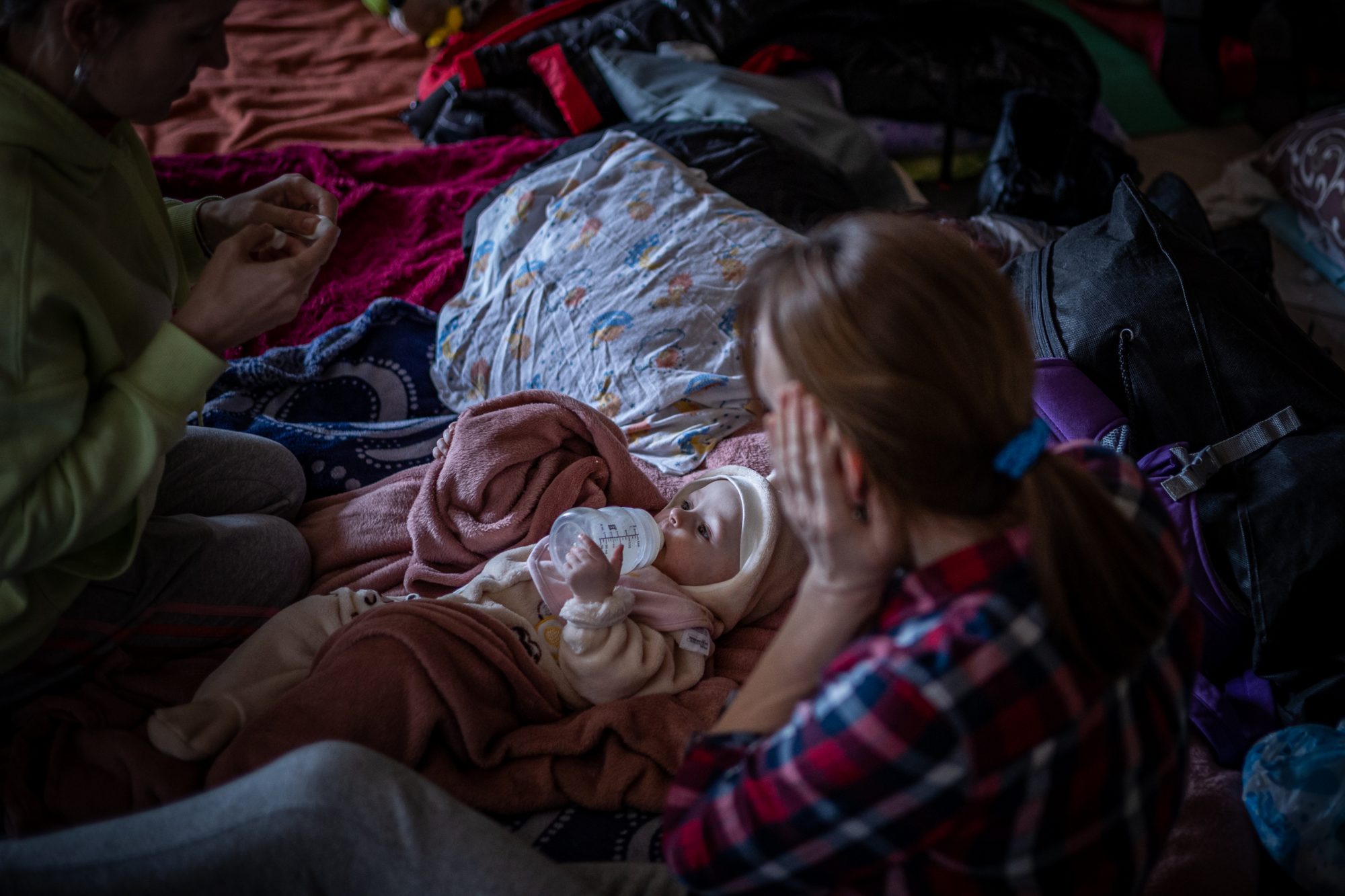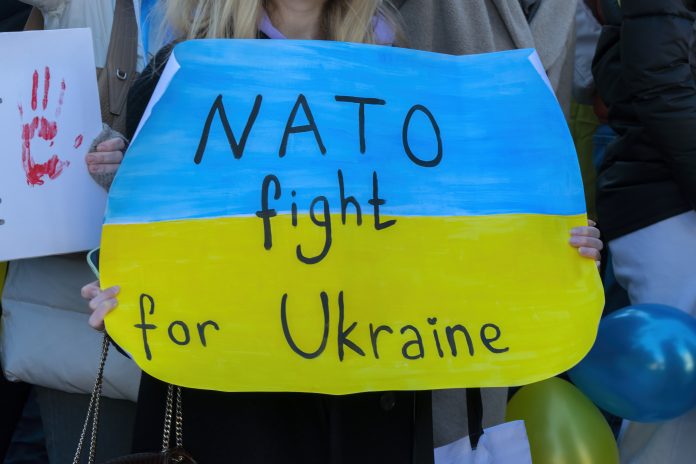Allies promise to back Ukraine at first NATO summit since Russia invaded Ukraine, but this is not enough
On Thursday, NATO leaders concluded the first NATO summit since Russian President Vladimir Putin invaded Ukraine. Held in Madrid, the summit focused on the consequences of Russia’s invasion, not for Ukraine but for countries already inside or about to join NATO.
The situation has been described as “riskier than the Cold War”. NATO Secretary-General Jens Stoltenberg emphasised: “We live in a more dangerous world and we live in a more unpredictable world… And we live in a world where we have actually a hot war going on in Europe, with large-scale military operations we haven’t seen in Europe since the Second World War.”
Although allies insisted that they would back Ukraine “as long as it takes” to repel Putin’s armies, they are aware that the conflict could escalate at any moment and want to avoid a direct collision with Russia. But what Ukraine’s President Volodymyr Zelenskyy needs is action and ammunition – symbolic vows of support are not enough.
After much media speculation, the two Nordic nations – Finland and Sweden – signed a security pact with Turkey and joined the NATO alliance.
As expected, the Kremlin reacted with indignation. They called NATO aggressive, expansionist and imperialistic. On Wednesday Putin said that Russia must “create the same threats for the territory from which threats against us are created.”
The NATO summit highlights an ever-growing polarisation between the democratic nations and Putin.
Bizarrely, Russian salad – ensaladilla Rusa – was sold as “potatoes salad Russian style” and served at the summit venue in Madrid. It was quickly renamed “traditional salad” and in a show of solidarity, Spanish chef José Andrés added a “Ukrainian salad” made up of tomato dumplings at the dinner he coordinated for visiting defence and foreign ministers on Tuesday. But this is no consolation to the terrified citizens of Ukraine; they want Western intervention on a mass scale, and that isn’t happening.

‘If this becomes a full-scale war between Russia and NATO, then we’ll see suffering, damage, death, destruction… much, much worse than what we see in Ukraine today’
Jens Stoltenberg added: “Of course, this is imposing suffering on the Ukrainian people — we see that every day and we pay tribute to the courage, to their bravery. At the same time, we also know that this can get worse — because if this becomes a full-scale war between Russia and NATO, then we’ll see suffering, damage, death, and destruction at a scale which is much, much worse than what we see in Ukraine today.
“We have so significantly increased our presence in the eastern part of the alliance — with more than 40,000 troops under direct NATO command — to remove any room for miscalculation, misunderstanding in Moscow about our readiness to protect every inch of NATO territory,” he said. “That’s NATO’s core responsibility: to make sure that there is no misunderstanding in the minds of any adversary, that if they do anything like what Russia has done to Georgia in 2008 or Ukraine now, that will trigger the full response from the whole alliance.”
Only time will tell whether Putin is at all deterred and right now that is looking extremely unlikely.




![Europe’s housing crisis: A fundamental social right under pressure Run-down appartment building in southeast Europe set before a moody evening sky. High dynamic range photo. Please see my related collections... [url=search/lightbox/7431206][img]http://i161.photobucket.com/albums/t218/dave9296/Lightbox_Vetta.jpg[/img][/url]](https://www.openaccessgovernment.org/wp-content/uploads/2025/04/iStock-108309610-218x150.jpg)






